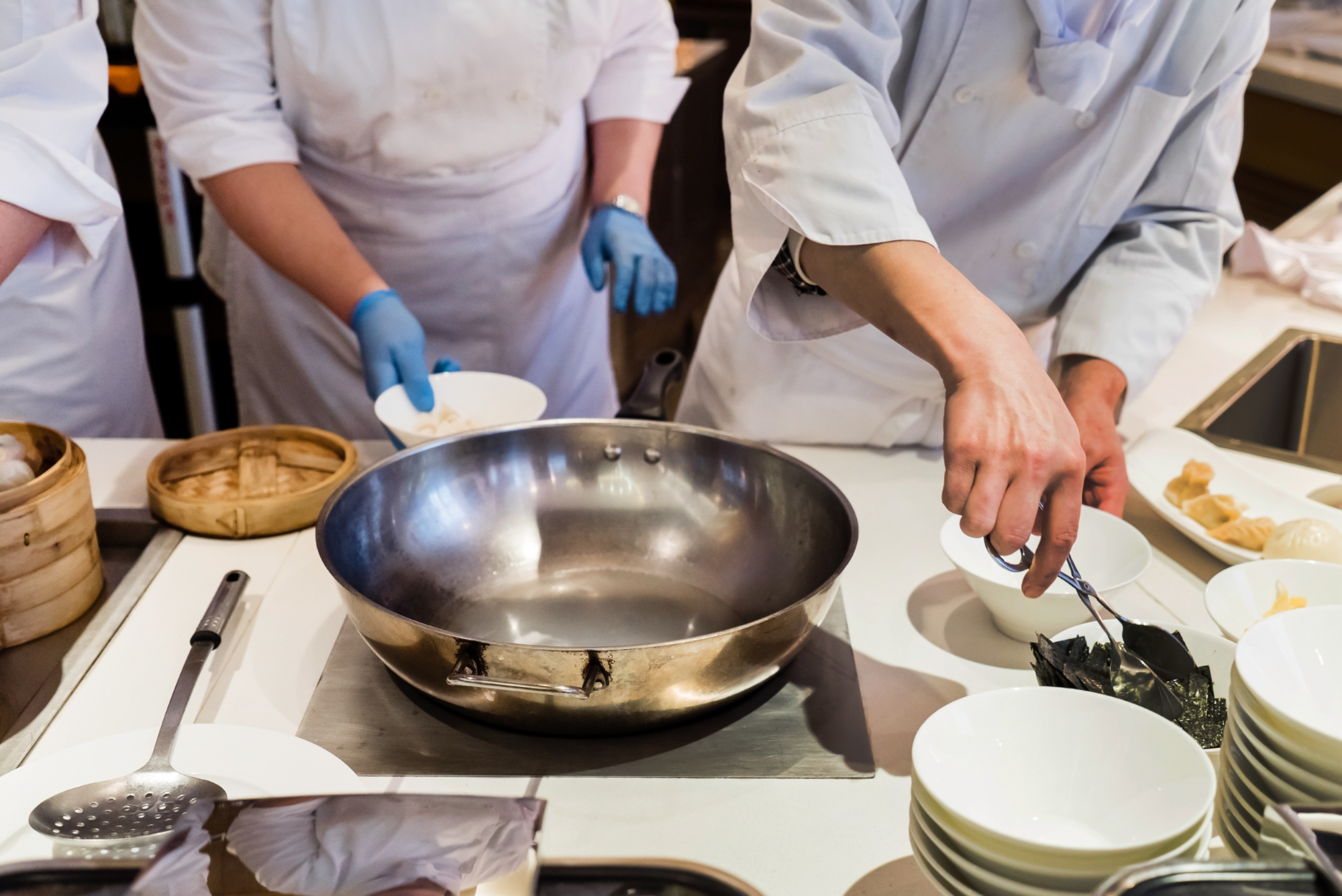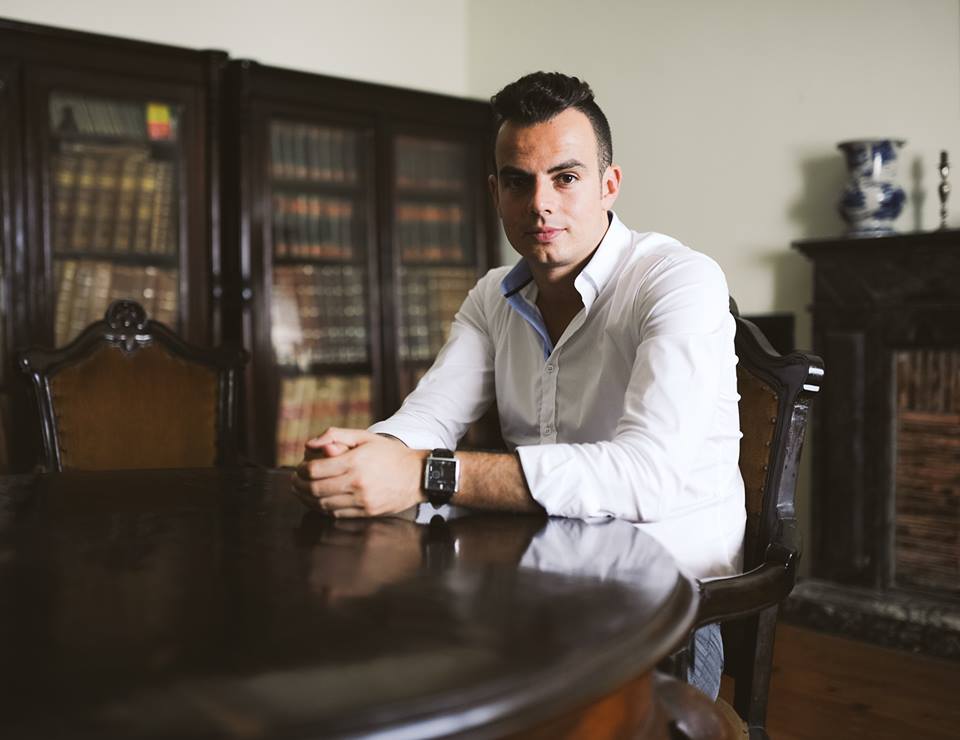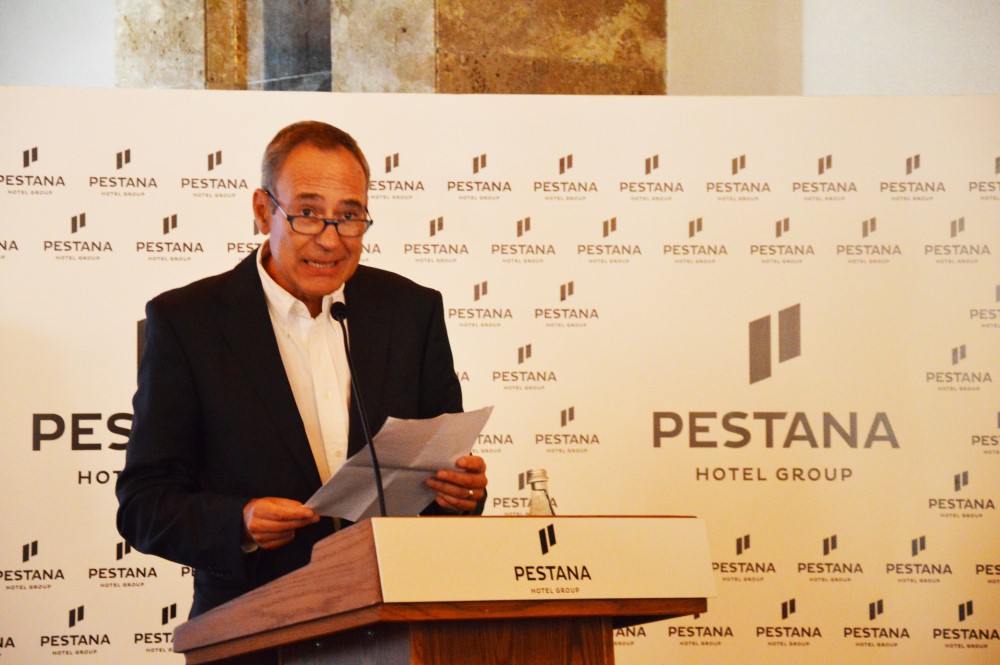
Recruitment parties, open days, advertisements… creativity in the search for workers for the tourist peak season is a new trend. In many cases, long-term careers are promised in companies, but when the contract ends, the vast majority of these employees return to the employment center (and subsidy). The cycle tends to repeat itself the following year.
The lack of available labor in the Algarve has forced tourism-related companies to be more creative and assertive in their search for workers. In recruitment actions, companies seek to convince potential employees, through videos or testimonials from satisfied employees, that this is the best place to pursue a career. The question is: for how long?
Tiago Jacinto, from the Union of Hotel Workers of the Algarve, explains that, in the hotel sector, “thousands of jobs are advertised, but what we see is that precarious contracts are offered, with very low salaries, which do not give workers security. In terms of stability, employment is increasingly unstable and getting worse. Data indicate that around 80% of the jobs created are precarious».
With little supply, it would be natural for salaries to increase, but Tiago Jacinto says that this is still not noticed. «There are companies that immediately pay compensation for the non-renewal of the employment contract, in stages, adding the twelfths to them. This means that, at the end of the month, the workers receive 700 euros, but, in practice, they are receiving minimum wages, or a little more».
There are, however, those who argue that “employment has started knocking on workers' doors”, they have gained a greater choice in relation to where they will work in high season and this has increased competition between employers. If this is reflected in wages, that's another conversation.

Ricardo Mariano, general director of the temporary employment company Timing, who daily lives with the two “faces of the coin”, companies and employees, says that “there is greater competition when it comes to steal employees, when summer comes. Already last year, that was felt. Those who don't have employees start to think of all the ways, some prettier, others uglier, to be able to hire them».
The ways to “entice” workers vary: “It can be through the type of contract. If there is a six-month bond, one year is offered. But we are in the Algarve, which is seasonal, and it turns out to be more by way of salary and location».
Even so, the “shy” salary increases, which Ricardo Mariano says are happening, “are not reflected equally in all functions. In less qualified roles, companies continue to believe they can hire without raising the salary level. More quickly a hotel is willing to pay €100 or €150 more for a kitchen function than €20 or €30 for a lower-skilled function.'
The entrepreneur says that "we would even like to pay higher salaries, but we are conditioned by the employing companies".
The Pestana Group is one of the hotel groups that has invested in massive recruitment actions. Pedro Lopes, administrator of Pastana Hotel Group for the Algarve, advanced to Sul Informação that, "so far, we have hired around 60 people and we are going to hire another 40 to 50 people at this stage".
According to Pedro Lopes, this year, the salaries offered have gone up "a little", which is due "to the competition". Last year, «it was already very difficult to hire, and this year, we were more prepared and started recruiting earlier».
With regard to the duration of the contracts offered, the official says that "there are half-half between seasonal and longer duration positions", since "we have hotels open in the region all year round".
However, there are units that close their doors in the so-called low season and the workers' destination is the Employment Center. But in 2017, the number of enrollments at the Institute for Employment and Vocational Training, in November, dropped in the Algarve. There were 4387 fewer unemployed people registered, which represents a decrease of 19,1%, but Madalena Feu, regional delegate of the IEFP, considers that this could have happened due to several factors: «people may have been absorbed, they may have continued to work elsewhere, or they may not have met the necessary conditions, including sufficient working time, to claim unemployment benefit. What is a fact is that there were fewer registrations».

Madalena Feu says that there is no doubt that “employment has increased, but a good part is seasonal and precarious employment. Therefore, we want to continue to invest in and implement support instruments to create more sustainable, lasting and stable employment. In the Algarve, a large part of the job created is precarious and that worries us».
But, according to the official, there is not much to be done in relation to this. «We will not be able to change the situation, because the Algarve is seasonal. There is no company that can handle all the year the staff it needs in August, but they should try to increase their staff. Note that, in winter, we continue to have tourism, there is a greater movement and we feel, in contact with companies, that the downtime is shorter. In January, we started to deal with job offers and, from February, we started putting people on the market».
Given the shortened downtime, this can lead companies to keep their jobs, using IEFP support measures such as Formalgarve or employment contracts. "Term contracts are increased and are important tools to keep people working all year round", even because, "if companies "grab" the workers they hired in 2017, in 2018, they could have this problem [of lack of labor] minimized», he explains.
The demand for workers is high, the supply is low, so how do hoteliers and tourist companies manage to function? According to Tiago Jacinto, «the use of interns to fill jobs is growing. There are interns working, not interning, being alone in the positions. Companies have been turning to them to further increase profits».
And… when there are no interns, there are temporary work companies. Ricardo Mariano says that, when the hiring phase ends, employers' contacts with the Timing they increase, but “it depends on each hotel and on the number of interns they receive before the beginning of the summer. In the case of hotels that receive many interns, we are not sorry. Those who do not have this facility, or do not provide internships, end up resorting to temporary work faster and earlier».
If there are hotels that use temporary work to fill positions that become vacant after recruitment sessions, there are others that make hiring this type of workers a common and repeated practice.
“People are working, for years, in the same hotel, through temporary work companies. There are cases of floor workers who have been working in the same hotel for years with the same functions, through this type of company. There is no effective intervention by the Working Conditions Authority and workers, for fear, do not report and do not act to correct that situation», illustrates union leader Tiago Jacinto.

Carlos (fictitious name) represents one of these cases. He has been working in a hotel, in the Portimão area, in the maintenance and gardening area, for eight years, always hired by a temporary work company. Time off is rare, he works on weekends and holidays and, even in low season, he has difficulty getting permission to take a vacation. «He was already elected, by the guests, employee of the month, but as he has no contract with the hotel, he did not receive the bonus», tells his wife, to the Sul Informação, exemplifying one of the problems arising from this type of situation.
When Carlos goes to the hotel managers asking for a contract, he is refused, due to the company's hiring policy.
In the case of the Pestana Group, Pedro Lopes assumes that the policy is to resort to temporary work companies «to clean rooms, which varies throughout the year. Recruitment actions are more focused on positions for direct hiring by us», such as reception, or kitchen.
Some accuse workers of fueling this vicious cycle, saying that working in the summer and resting in the winter, the shadow unemployment benefit is an option.
Ricardo Mariano disagrees that this is the current situation. «That used to be, now it doesn't exist. Most people want to keep working. There were those who preferred to do the 6+6, that is, work 180 days to gain access to the benefit, staying another 180 days at home, receiving 70% of the salary, but the rules for granting unemployment benefit have changed».
The businessman also says that there were «people who sat in front of me for an interview, referred by the IEFP, who told me: “don't spoil my life, I'm a worker at hotel A, B, or C and I'll return on the X day” ».
Now, according to Ricardo Mariano, «when we started calling at the end of the summer, with other types of opportunities, if it was according to the profile, the workers accepted». At the end of October, "we moved people, whoever works in the hotel industry in the summer can work in other areas during the low season", even so, he assumes, in that month "we ceased the activity of hundreds of workers in Social Security".
Employment in the Algarve is closely linked to tourism. 2016 was good, 2017 was even better and, for the general director of Timing, 2018 «is the worst year in recent times, in terms of recruitment, and it will also be the worst in the near future, because there is no infinite growth and, eventually, in the future, we will have fewer tourists arriving in the region».
At that time, it could be unemployment again knocking on the door of workers, many of them without a more stable contract for the workers. hold.


















Comments